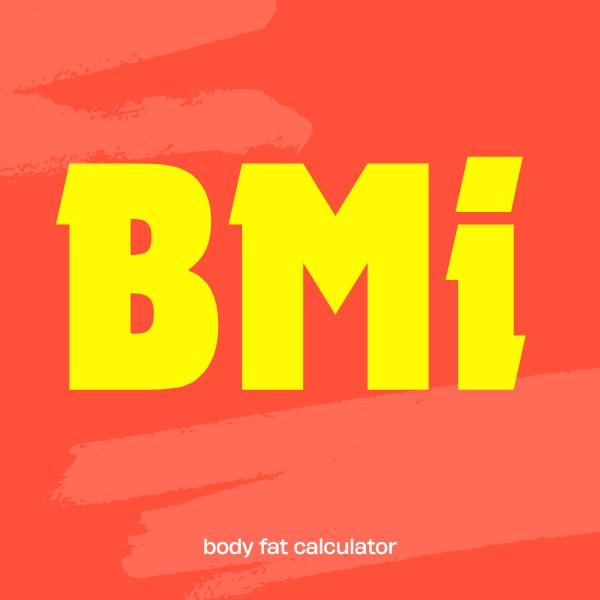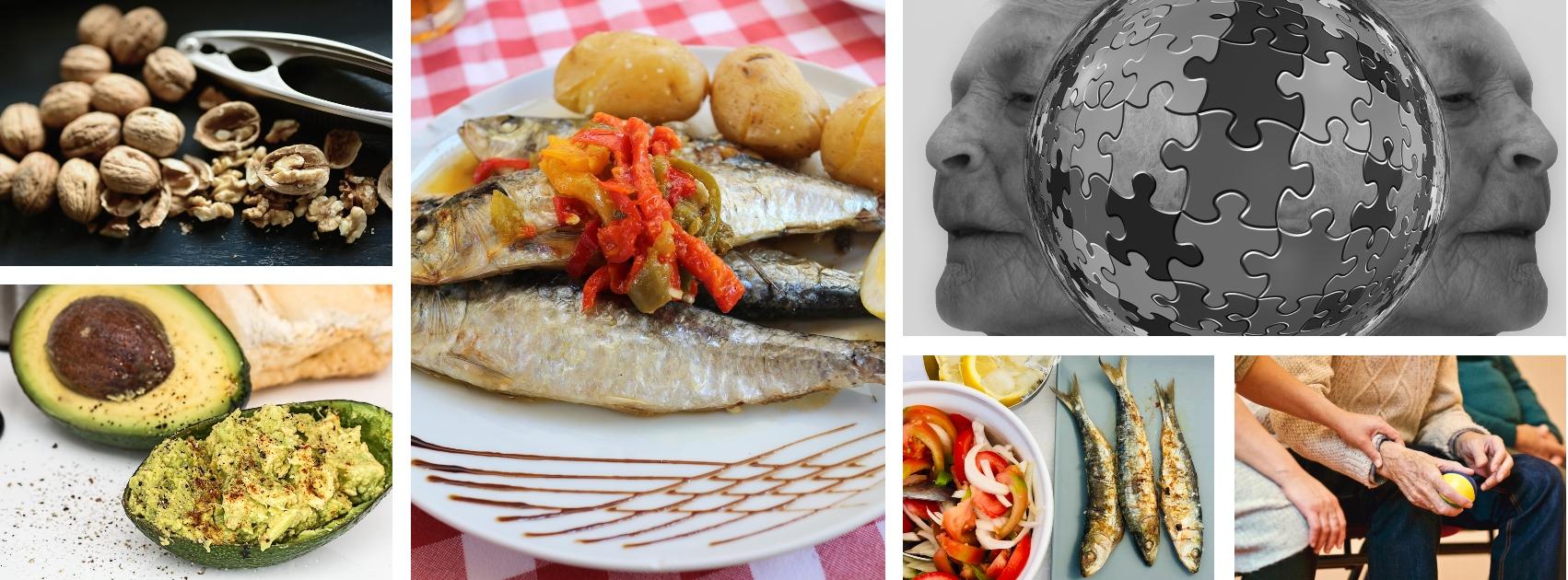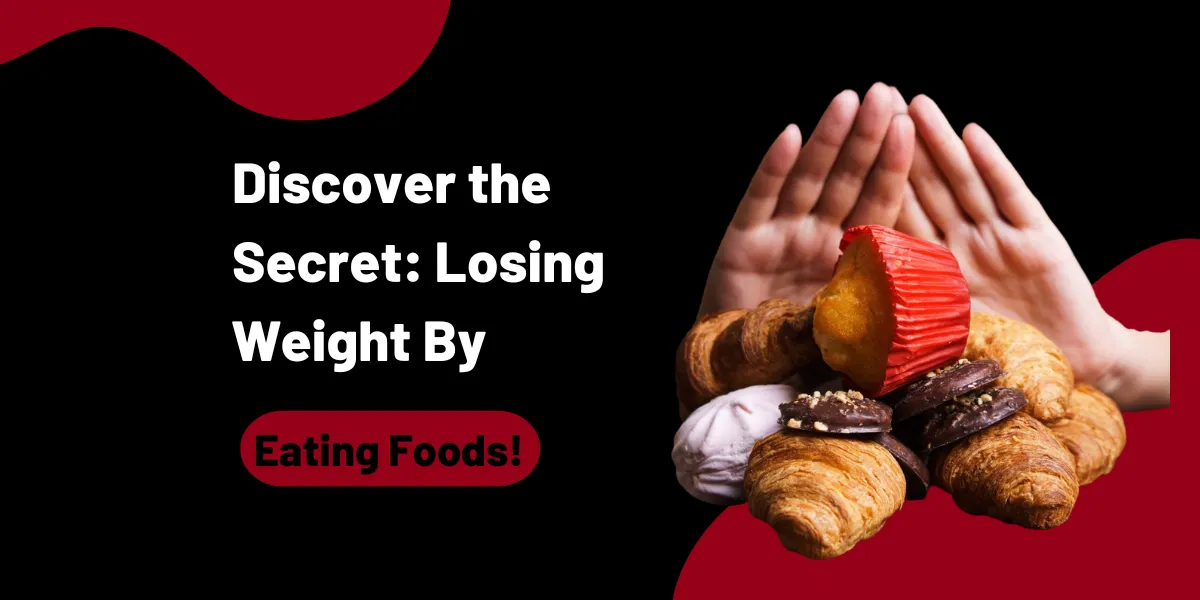Healthy Eating Plan – Achieving a healthier lifestyle doesn’t mean subjecting yourself to fad diets or extreme measures. In the quest for a fitter you, the key lies in prioritizing sustainable weight loss.
By embracing a mindful approach to food and making sustainable weight loss the focal point of your journey, you can attain your fitness goals while relishing every meal. Let’s explore the power of sustainable weight loss through smart and satisfying healthy eating choices.
What Is a Healthy Eating Plan? Eating For Weight Management
- Certain foods can support weight loss by boosting metabolism and promoting satiety.
- Choosing nutrient-dense foods ensures you get essential nutrients while managing calorie intake.
- Incorporating a balanced mix of carbohydrates, proteins, and healthy fats provides sustained energy and helps control cravings.
Why a Healthy Eating Plan Matters for Long-Term Wellness: Sustainable Weight Loss Through Mindful Eating
Portion Control Tips for Diet Success:
Practical portion control tips for diet success are crucial for managing calorie intake without resorting to restrictive or unsustainable measures. One impactful yet straightforward tip is to use smaller plates and bowls; this visual trick makes a serving look larger, promoting psychological satisfaction.
Avoid eating directly from packages; instead, pre-portion snacks into smaller containers for easier consumption. Learn to use visual cues for portion sizes: a serving of protein roughly the size of your palm, a cupped hand for carbohydrates, and your fist for vegetables. Filling half your plate with non-starchy vegetables is an excellent way to add volume and nutrients with minimal calories.
Drinking a glass of water before meals can also help. Lastly, practice the “20-minute rule”: if you still feel hungry after finishing your portion, wait 20 minutes before considering seconds, allowing your body time to register fullness. These strategies empower you to eat mindfully and achieve your weight goals.
- Be mindful of portion sizes to avoid overeating.
- Use smaller plates and bowls to create the illusion of a fuller plate.
- Listen to your body’s hunger and fullness cues.
High Protein, Fiber-Rich Foods for Satiety:
When pursuing sustainable weight loss, prioritizing high-protein, fiber-rich foods for satiety is a highly effective strategy. Protein is renowned for its ability to increase feelings of fullness, primarily due to its slower digestion and its impact on appetite-regulating hormones, such as ghrelin (the hunger hormone) and PYY (a satiety hormone).
Fiber, particularly soluble fiber, also contributes significantly to satiety by forming a gel-like substance in the digestive tract. This slows down nutrient absorption and keeps you feeling full for a longer period. Combining these two macronutrients creates a powerful synergy.
Excellent examples include lean meats (chicken breast, fish), legumes (lentils, chickpeas, black beans), Greek yogurt, eggs, quinoa, nuts, and seeds. Incorporating these into your meals helps manage hunger, reduce overall calorie intake, and preserve lean muscle mass, vital for a healthy weight-loss metabolism.
- Opt for whole, unprocessed foods that are rich in nutrients.
- Include plenty of fruits, vegetables, lean proteins, and whole grains.
- Limit the intake of sugary and processed foods.
Mindful Eating Techniques for Weight Management:
Mindful eating is a powerful approach to weight management that shifts the focus from strict calorie counting to a deeper awareness of hunger cues, food choices, and the overall eating experience.
It involves engaging all your senses: noticing the colors, aromas, textures, and flavors of your food. Practicing mindful eating means slowing down your pace, chewing thoroughly, and putting your fork between bites.
This allows your brain time to register fullness signals, preventing mindless overeating. It helps differentiate between true physical hunger and emotional eating triggers, such as stress or boredom. Eliminating distractions like TV or smartphones during meals can also help you become more attuned to your body’s satisfaction cues.
Cultivating mindful eating techniques fosters a healthier, more intuitive relationship with food. This leads to sustainable habits and improved well-being without the rigidity often associated with dieting.
- Slow down and savor each bite, paying attention to the taste and texture of the food.
- Avoid distractions while eating, such as TV or screens.
- Practice mindful portion control and stop eating when you feel satisfied.
Hydration:
Drink plenty of water throughout the day to stay hydrated and support metabolism.
Avoid sugary beverages and opt for water, herbal tea, or infused water.
Regular Physical Activity:
Combine healthy eating with regular exercise to maximize weight loss results.
Find activities you enjoy and aim for a mix of cardiovascular exercises and strength training.
Do you know how to lose weight? Do you want to lose weight fast? Good nutrition (foods for burning belly fat) and fat-burning gym exercises can help.
Enjoyable Healthy Eating – Sustainable Weight Loss
A recent study suggests that people who follow a low-carbohydrate diet can better maintain a healthy body weight over the long term. Researchers found that those following a low-carb diet had a lower risk of becoming obese and maintained a healthier BMI throughout adulthood than those eating a high-carb diet.
Participants were asked to fill out detailed questionnaires about the foods they ate the previous day. This included questions about the types of bread consumed, dairy products, meats, fats and oils, vegetables, fruits, grains, starches, sugars, sweeteners, beverages, and alcohol.
Researchers analyzed the dietary patterns of almost 10,000 men and women aged 20 to 74. Participants had been surveyed every four years since 2010. Throughout the study, nearly half of the participants became overweight or obese. Those who reported consuming less than 30 grams of carbohydrates per day were less likely to become obese throughout the study period. In addition, they tended to gain less weight overall.
Those who followed a high-carbohydrate diet were more likely to become obese over time. However, they did tend to gain less weight overall, suggesting that they might be more successful at maintaining a healthy body mass index (BMI).
Burning Belly Fat Foods: Celery
Celery’s secret brainpower-boosting compound is luteolin. In animal studies, luteolin has been shown to reduce brain inflammation, which could cause neurodegeneration. Luteolin has also been linked with a lower rate of age-related memory loss.
Avocado, Oils, Nuts, and Seeds
Burning Belly Fat Foods: Curry
Who doesn’t love the smell of curry? This fragrant spice is perfect for a healthy mind. Curry’s active ingredient is curcumin. It has been shown to help reduce inflammation and the number of amyloid plaques in the brain, which is important since they have been found to cause Alzheimer‘s.
Fatty Fish
Seafood is packed with omega-3 fatty acids, which are crucial for a healthy brain. Did you know that around 40% of the fatty acids in our brain cell membranes are DHA, which is among the main fatty acids in fish oil? DHA is necessary for transmitting signals between brain cells, so it’s an essential part of ensuring your brain’s health.

BMI Index Calculator

Basal Metabolic Rate

Tdee Calculator



Great information!
Thank you for sharing
Fill your plate with colorful fruits and veggies, lean proteins, whole grains, and healthy fats.
The best diet is the one you can maintain for life! That’s why I’m all about sustainable eating choices. It’s not a quick fix; it’s a lifestyle. What’s your favorite healthy meal that keeps you on track? Share your inspiration!
Love seeing more awareness around sustainable seafood! It’s so important to protect our oceans while enjoying delicious, responsibly sourced fish. Let’s keep supporting sustainable fishing practices!
So, more deprivation and endless counting, just rebranded as ‘sustainable.’ I’m tired of the same old advice. It’s impossible to maintain this stuff when you’re busy and stressed. ‘Sustainable’ feels like a polite way to say ‘you’ll always be trying
This explains why I’m always tired and never see results. It’s not just demotivating, it makes you question every workout. So, what, we just give up now?